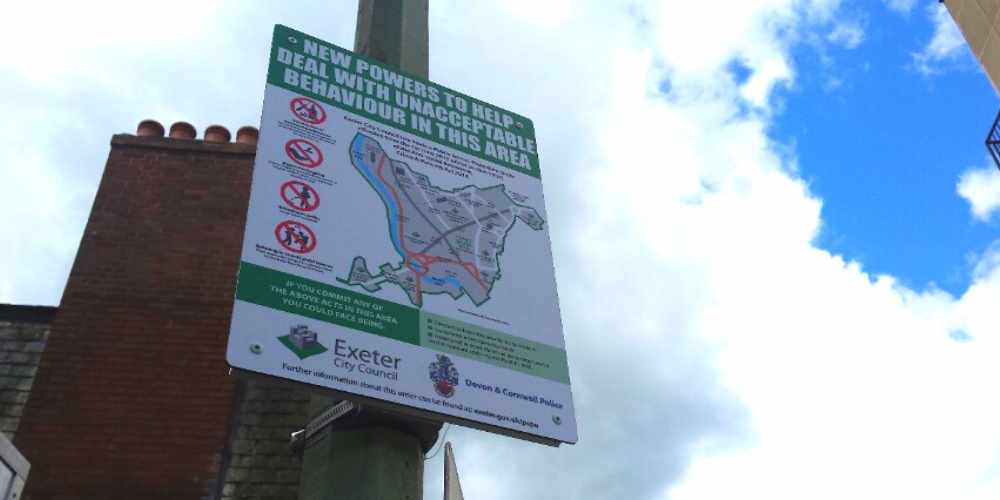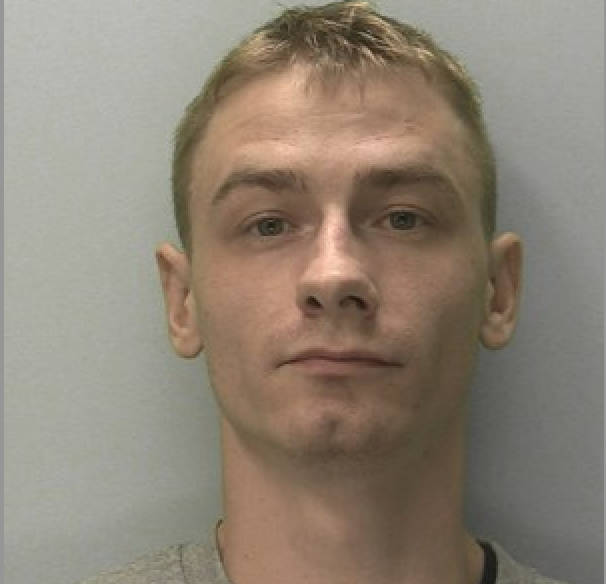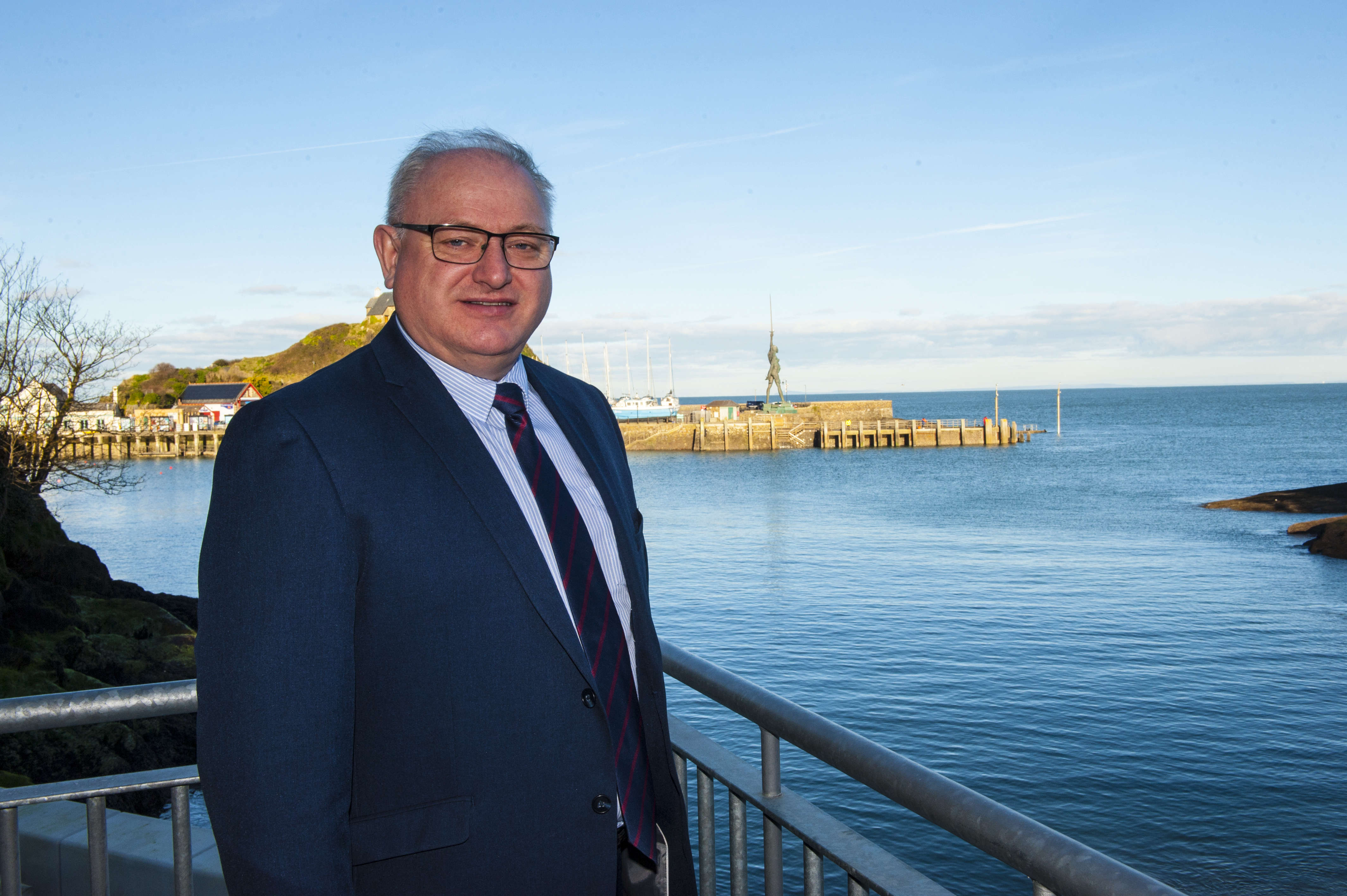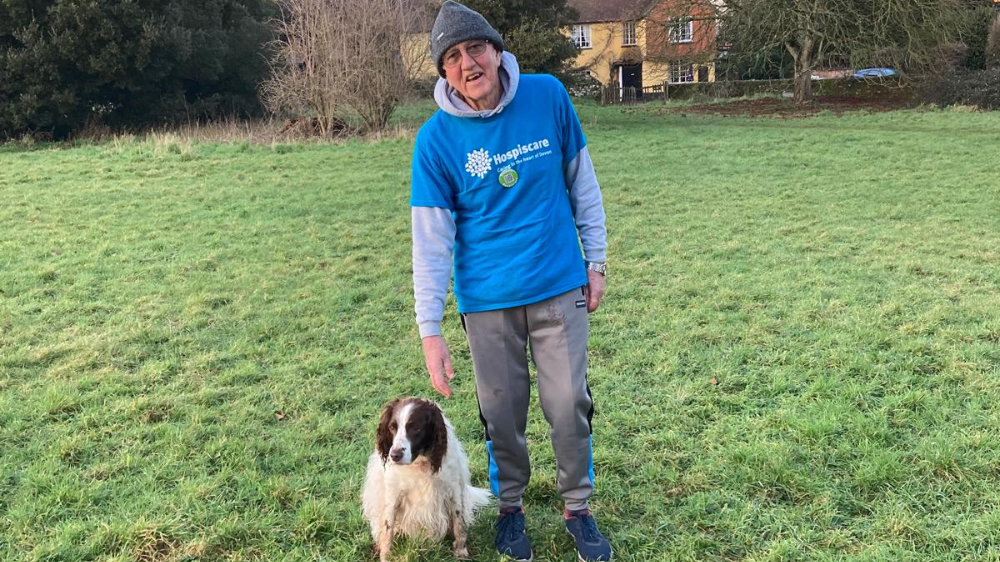
Since June 2017, there have been nearly 6,000 reported cases in Exeter
A summit is set to take place in a bid to tackle the persistent and problematic levels of anti-social behaviour in Exeter city centre.
Since a Public Space Protection Order, which outlaws certain types of anti-social behaviour, was introduced in June 2017, there have been nearly 6,000 reports of anti-social behaviour to the police,
Crimes under the act includes ignoring police requests to stop drinking alcohol or illegal drugs in a public, aggressive begging, urinating in a public place, behaving in an anti-social manner either in a group or alone.
It covers areas including Fore Street, the High Street and Sidwell Street, and anyone breaching the order by consuming alcohol or committing anti-social behaviour, will be dispersed from the area and could faces fines of up to £1,000 at court if they return.
Exeter City Council’s executive committee had been recommended to extend the PSPO for a further three years when they meet on Tuesday night.
Simon Lane, Service Lead – Environmental Health and Community Safety, made his recommendation made because anti-social activities are continuing at such an unreasonable volume, there is no known alternative or more effective control measure, and that on a daily basis, city council officers are using their powers to require the surrender of alcohol.
Extending the PSPO had been supported by the police, with Supt Antony Hart, commander for the Exeter, East and Mid Devon LPA, added: “The PSPO has proven to be a vital tool in preventing and deterring anti-social behaviour as the issues of anti-social behaviour, street drinking, drug-taking, littering and begging have a significantly detrimental effect on those who live in, work in, and visit the city of Exeter. “
Alison Hernandez, Police and Crime Commissioner for Devon, Cornwall and the Isles of Scilly, said: “This measure is an important step in helping to tackle anti-social behaviour within the city. Issues like street urination, drug taking, street drinking and begging matter greatly to residents and businesses in Exeter and it is refreshing to see a council willing to take robust steps to deal with the issues that matter to local people.
“The PSPO sends a clear signal that these behaviours are not acceptable and enables both the council and the police to tackle them in a timely and proportionate manner.”
Cllr Emma Morse, portfolio holder for Supporting People, agreed that the PSPO should be extended, but only for a further 12 months so that a summit to tackle the persistent and problematic levels of anti-social behaviour in Exeter city centre could take place.
She said: “Anti-social behaviour across the city centre is a very difficult thing to manage, so the PSPO is just one tool in the system. We have been looking at it as an issue, and while some progress being made by the PSPO, we would like more to be done.
“For some communities, it has been a blunt tool that hasn’t addressed the issues, so there could be the options for smaller PSPOs than cover smaller areas, but we don’t know that, don’t have the evidence, and aren’t the only authority to make a decision on that.
“We will be organising a city centre summit with leadership groups to engage with the relevant bodies to understand what we mean and what can come forward to tackle it.”
Cllr Phil Bialyk, leader of the council, added: “I have made it clear that we want to do something different in relation to urban anti-social behaviour and street attachment and homelessness. We will deliver a report with a shared understanding of the complex issues that they face, and to implement sustainable solutions, commitments and promises, the resources, and timetables, but it will take time.
“What we need is this arrangement for 12 months to carry on while we decide what changes, if any, we want to make. I am proud of what we do, but we all feel that when we walk down the high street and see people in doorways, we should be helping and supporting them, and that is what the council is doing and what the summit aims to do. Something has got to be done.”
Cllr Duncan Wood said that the thousands of anti-social behaviour logs highlighted that the PSPO should be a tool and not the only method to address anti-social behaviour in the city, while Cllr Laura Wright said she welcomed the idea of the summit because the problem has become more complex.
In his report to the meeting, Mr Lane added that there was a justification for continuing the PSPO because Devon & Cornwall Police, the Council, and the Exeter Community Safety Partnership were in support of it.
He added: ““Data from Police logs and from the Exeter Business against Crime Partnership provides evidence that anti-social behaviour complaints are of such a volume that they continue to have or are likely to have a detrimental effect on the quality of life of those in the locality. The anti-social activities are continuing at a level that is unreasonable and justifies the continuing restrictions of the Order.
“From this information, it is clear that while the PSPO has had an impact since its introduction in 2017, the prevalence of persistent and problematic anti-social behaviour continues to be relatively high.
“These antisocial activities are continuing at a level that is unreasonable and justifies the continuing restrictions of the Order.”
Full council, when they meet on February 26, will be recommended to extend the PSPO for a further 12 months.
The initial three years for the PSPO that had been agreed previously expires on June 20, 2020.
 Farage condemns Devon's 'woke' Tories
Farage condemns Devon's 'woke' Tories
 Dangerous voyeur jailed
Dangerous voyeur jailed
 Zero-emission buses coming to Devon
Zero-emission buses coming to Devon
 Devon MP calling for NHS dental overhaul
Devon MP calling for NHS dental overhaul
 Armed robbery in quiet Dorest town
Armed robbery in quiet Dorest town
 Devon pensioner speedwalking marathon for charity
Devon pensioner speedwalking marathon for charity
